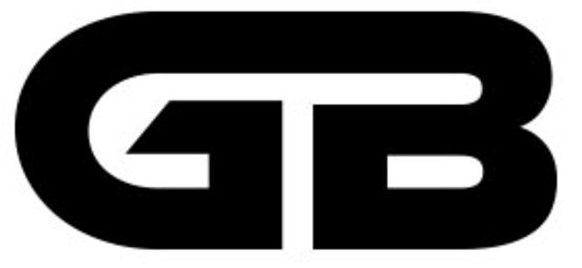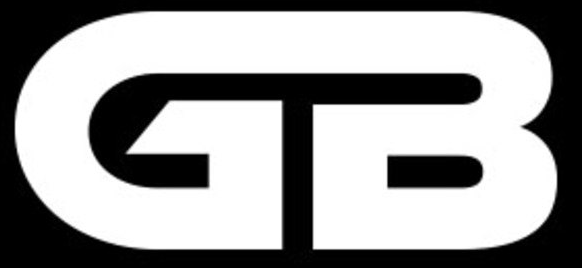Modern business life has undergone significant transformations in recent years, driven by advancements in technology, shifting economic landscapes, and evolving workplace cultures. As businesses adapt to these changes, understanding the current trends and challenges becomes crucial for success. This article explores the key aspects of modern business life, including technological advancements, https//modernbusinesslife.com changing work environments, and emerging trends that are reshaping how businesses operate.
Technological Advancements
1. Digital Transformation
Digital transformation refers to the integration of digital technologies into all areas of a business, fundamentally changing how organizations operate and deliver value. Key components include:
- Cloud Computing: Cloud technologies have revolutionized business operations by providing scalable and flexible IT resources. Companies can now store data, run applications, and manage services through cloud platforms, reducing costs and increasing efficiency.
- Artificial Intelligence (AI) and Machine Learning (ML): AI and ML are driving innovation in various sectors, from customer service chatbots and predictive analytics to automated processes and decision-making support. These technologies enhance operational efficiency and provide valuable insights for strategic planning.
- Big Data and Analytics: Businesses are leveraging big data and analytics to gain deeper insights into customer behavior, market trends, and operational performance. Advanced data analysis tools help companies make data-driven decisions and identify new opportunities.
2. Remote Work and Collaboration Tools
The rise of remote work has transformed the traditional office environment. Key tools and practices include:
- Collaboration Platforms: Tools like Slack, Microsoft Teams, and Zoom facilitate communication and collaboration among remote teams. These platforms offer features such as video conferencing, instant messaging, and file sharing, enabling seamless teamwork regardless of location.
- Project Management Software: Applications like Asana, Trello, and Monday.com help manage tasks, track progress, and ensure project deadlines are met. These tools enhance transparency and accountability in remote and hybrid work settings.
- Cybersecurity Measures: With the increase in remote work, cybersecurity has become a critical concern. Businesses are investing in robust security measures to protect sensitive data and ensure safe remote access.
Changing Work Environments
1. The Shift to Hybrid Work Models
Hybrid work models combine remote and in-office work, offering flexibility and accommodating various employee preferences. This approach has several benefits:
- Employee Satisfaction: Hybrid work models contribute to higher job satisfaction by allowing employees to balance work and personal life. Flexibility in work arrangements can lead to increased productivity and reduced stress.
- Cost Savings: Businesses can reduce overhead costs related to office space and utilities by adopting hybrid models. Employees also save on commuting expenses and time.
- Talent Acquisition and Retention: Offering hybrid work options can attract top talent and retain employees by providing a modern and flexible work environment.
2. Focus on Employee Well-Being
Employee well-being has become a priority for organizations, with a focus on mental health, work-life balance, and overall job satisfaction:
- Mental Health Support: Companies are implementing programs and resources to support mental health, such as counseling services, stress management workshops, and wellness initiatives.
- Work-Life Balance: Flexible work hours, remote work options, and generous leave policies contribute to a healthier work-life balance, enhancing employee well-being and productivity.
- Diversity and Inclusion: Promoting diversity and inclusion in the workplace fosters a positive environment where employees feel valued and respected. Initiatives include diversity training, inclusive hiring practices, and support for employee resource groups.
Emerging Trends in Modern Business Life
1. Sustainable Business Practices
Sustainability has become a key focus for businesses aiming to reduce their environmental impact and contribute to social responsibility. Key trends include:
- Green Technologies: Companies are adopting green technologies, such as energy-efficient systems, renewable energy sources, and sustainable materials, to minimize their carbon footprint.
- Corporate Social Responsibility (CSR): CSR initiatives involve businesses taking responsibility for their social and environmental impact. This includes ethical sourcing, community engagement, and philanthropy.
- Circular Economy: The circular economy model emphasizes recycling, reusing, and reducing waste. Businesses are exploring ways to implement circular practices in their operations and product lifecycles.
2. Innovation and Disruption
Innovation is driving disruption across various industries, leading to new business models and opportunities:
- Startups and Entrepreneurship: The rise of startups and entrepreneurial ventures is fostering innovation and competition. New business models, products, and services are continuously emerging, challenging established companies to adapt and evolve.
- Disruptive Technologies: Technologies such as blockchain, augmented reality (AR), and virtual reality (VR) are disrupting traditional industries and creating new possibilities. Businesses are exploring these technologies to enhance customer experiences and streamline operations.
- Agile Methodologies: Agile methodologies, characterized by iterative development and flexibility, are being adopted by businesses to improve project management and responsiveness. Agile practices enable organizations to adapt quickly to changing market conditions and customer needs.
3. The Gig Economy and Freelancing
The gig economy has seen significant growth, with more individuals opting for freelance work and short-term contracts. Key aspects include:
- Flexibility and Autonomy: Freelancers and gig workers enjoy greater flexibility and autonomy in choosing their projects and work schedules. This trend is appealing to those seeking work-life balance and diverse opportunities.
- Platform-Based Work: Platforms like Uber, Upwork, and Fiverr connect freelancers with clients, facilitating the gig economy. These platforms offer a range of services and opportunities for both workers and businesses.
- Challenges and Opportunities: While freelancing offers flexibility, it also presents challenges such as income instability and lack of traditional employee benefits. Businesses can leverage the gig economy to access specialized skills and manage workload fluctuations.
Conclusion
Modern business life is characterized by rapid technological advancements, evolving work environments, and emerging trends that shape how organizations operate and succeed. Embracing digital transformation, adapting to hybrid work models, and focusing on sustainability are key factors driving success in today’s business landscape. As businesses navigate these changes, staying informed and agile will be crucial for adapting to new opportunities and challenges.
Understanding and leveraging these aspects of modern business life can help organizations thrive in a dynamic and competitive environment. By prioritizing innovation, employee well-being, and sustainability, businesses can position themselves for long-term success and growth.


